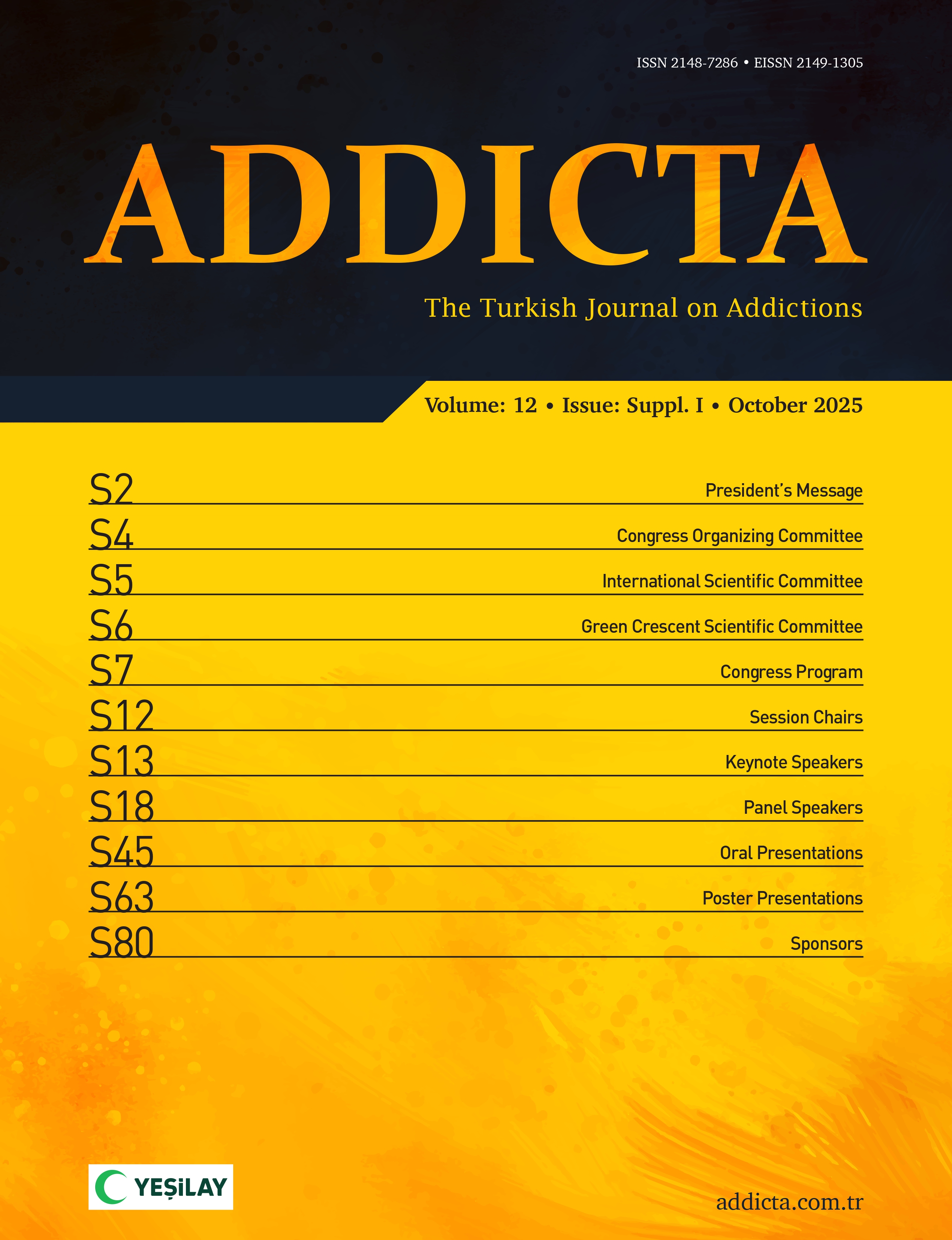Digital device addiction is described as the overuse or misuse of digital devices such as smartphone, tablets, laptops, desktops, or game consoles. The current study aims at adapting the Digital Addiction Scale for Children to Turkish culture and investigating its psychometric features. In line with the study purpose, we administered the scale to three different study groups aged between 9 and 14. We conducted confirmatory factor analysis to test the validity of the scale, and we investigated group comparisons (a high and low risk of addiction, gender, effect on a sleeping schedule, time spent on the Internet), criterion-related validity, and predictive validity. The first- and second-order confirmatory factor analyses results show that the scale is a valid measurement tool. Other results about validity also reveal that the scale is a valid tool. Furthermore, we conducted some analyses to test reliability and found out that both Cronbach’s alpha coefficient and McDonald omega coefficient were 0.94, the correlation between the two halves was r = .86, and the Guttman split-half reliability coefficient was 0.92. The study findings show that Digital Addiction Scale for Children, which was adapted to Turkish, is a valid and reliable measurement tool to evaluate the digital devices addiction of children between the ages of 9 and 14.
Cite this article as: Öztemel, K., & Traş, Z. (2023). Adapting the digital addiction scale for children to Turkish culture: A validity and reliability study. Addicta: The Turkish Journal on Addictions, 10(2), 176-183.

.png)

.png)
.png)
